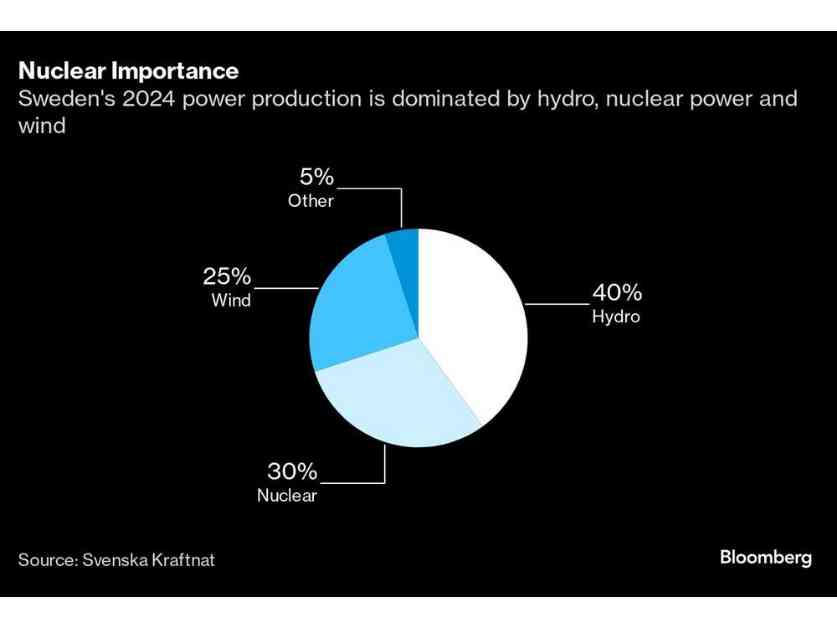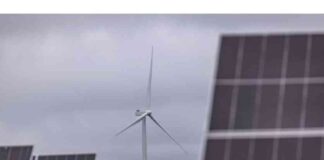Uniper Venture Constructs Test Reactor at Swedish Nuclear Plant
Uniper SE and Blykalla AB have joined forces to embark on a groundbreaking project at the Oskarshamn atomic power station in Sweden. The construction of a test reactor marks a pivotal moment in the country’s nuclear landscape, with the reactor being the first of its kind in over four decades.
Building Towards Innovation
The collaboration between Uniper SE and Blykalla AB signifies a significant step towards addressing Sweden’s future power demands. With the imminent surge in energy needs in the years to come, the government views nuclear technology as a crucial component in bolstering the nation’s energy supply.
Chief Executive Officer of Blykalla, Jacob Stedman, expressed his excitement about the project, highlighting its importance not just for the companies involved but for the entire nation of Sweden. The test reactor is scheduled to be operational by summer, with testing slated to begin in the third quarter.
Looking Towards the Future
The test reactor, constructed by Swedish Modular Reactors AB, a joint venture between Uniper SE and Blykalla AB, is designed to showcase various operational processes and safety features. It will serve as a precursor to a lead-cooled small modular reactor (SMR) that Blykalla is currently developing.
Stedman revealed that the firm plans to submit an application for the SMR within a year, aiming for it to be operational by the turn of the decade. The initial SMR is expected to have a capacity of approximately 70 megawatts, a significant deviation from the larger reactors currently in operation in Sweden.
Challenges and Opportunities
As Sweden sets its sights on integrating new nuclear technologies into its energy mix, challenges and opportunities abound. The push for new reactors aligns with a key election promise, signaling the government’s commitment to expanding nuclear capacity.
However, amidst the rise of alternative energy sources like solar and wind, questions arise about the viability of nuclear power in the long term. Stedman remains optimistic about the advantages of SMRs, emphasizing their cost-effectiveness and efficiency compared to traditional nuclear plants.
In conclusion, the venture between Uniper SE and Blykalla AB not only represents a significant milestone in Sweden’s nuclear journey but also underscores the importance of innovation and collaboration in shaping the future of energy production. With the test reactor set to pave the way for cutting-edge SMR technology, the landscape of the energy sector in Sweden is poised for a transformative shift.






















